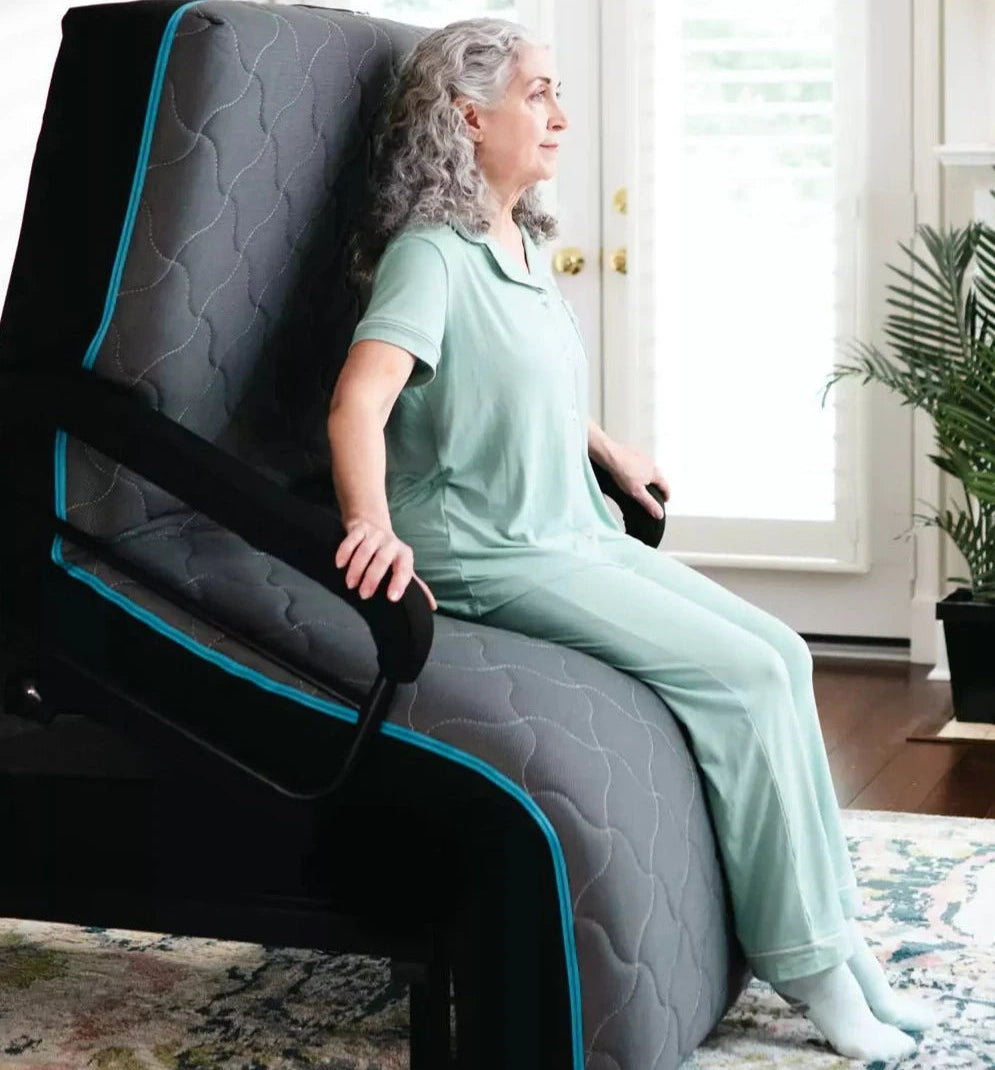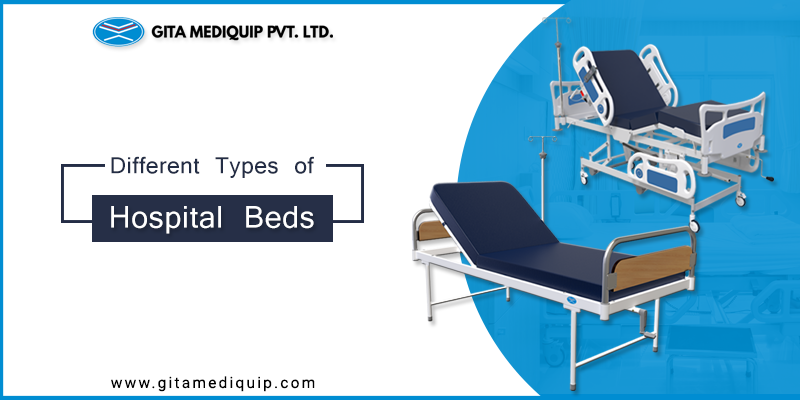Unknown Facts About Hospital Beds For Home Use
Unknown Facts About Hospital Beds For Home Use
Blog Article
How Hospital Beds For Home Use can Save You Time, Stress, and Money.
Table of ContentsHospital Beds For Home Use Can Be Fun For AnyoneA Biased View of Hospital Beds For Home UseThe Ultimate Guide To Hospital Beds For Home UseThe 6-Minute Rule for Hospital Beds For Home UseAn Unbiased View of Hospital Beds For Home UseHospital Beds For Home Use - The FactsThe Facts About Hospital Beds For Home Use Uncovered
There are three primary sorts of medical facility beds: handbook, semi-electric, and fully-electric. More types of clinical beds exist and they are provided below. These beds use hand cranks to adjust the bed's height and raise and reduce the head and the foot. Hand cranks are usually discovered at the foot of the bed and need a person that is physically capable of operating.
Semi-electric beds have an electrical motor to elevate and reduce the head and foot sections of the bed (hospital beds for home use). Full-electric beds have an electric motor that can raise the head and foot sections of the bed as well as the whole elevation and positioning of the bed.
Excitement About Hospital Beds For Home Use
There are several kinds of hospital beds, each designed to meet specific patient requirements. Below are some common types: This is the most common type of healthcare facility bed, created for basic medical use.
Reduced to the ground than a common bed. This kind of bed is created for bigger patients, with a larger framework and higher weight capability than a common bed. This type of bed is designed especially for kids, with smaller sized sizes than a typical bed. Special features such as full size side rails and animation design.
This kind of bed is made for critically sick individuals who call for open tracking and specialized medical equipment such as ventilators and infusion pumps. This type of bed is made for use during labor and delivery, with adjustable placements and functions to support the mom and infant during the birth process.
A Biased View of Hospital Beds For Home Use
Multiple feature and the devices perform broadening grip to various parts of the vertebra and the extremities without moving the body. These are simply a few instances of the sorts of healthcare facility beds readily available. The specific type of bed made use of will certainly depend on the patient's condition, clinical requirements, and other elements.
Below is things you need to understand. A one-function hospital bed is a medical bed that enables a person to relocate only the head or foot section up or down. A 2 feature hospital bed usually refers to a kind of medical bed that has 2 flexible functions to assist patients in health centers or care centers.

The Ultimate Guide To Hospital Beds For Home Use
A 7-function ICU bed is a kind of medical bed that supplies several flexible functions to support critically ill individuals in an extensive care device (ICU) (hospital beds for home use). The seven features commonly include: Back-rest change: The back-rest can be adapted to various angles to helpful hints aid the person rest up or lie down easily
Height adjustment: The bed can be raised or decreased to make it much easier for clients to get in and out of bed, and for caretakers to supply care. Trendelenburg placement: The whole bed can be slanted to advertise blood flow and circulation in the body. Reverse Trendelenburg placement: The bed can also be tilted in the opposite instructions to promote blood circulation and flow in the top body.
While more budget-friendly than electric models, these beds need physical effort for changes. The primary benefits of manual beds are their cost and dependability, as they do not depend on electrical power. The need for manual initiative can be a restriction in scenarios where fast adjustments are needed or where caregivers deal with physical challenges.
Hospital Beds For Home Use Can Be Fun For Anyone
Semi-electric health center beds supply an equilibrium of manual and electrical controls. These beds give an excellent center ground in between guidebook and totally electrical options, using ease of use without the full expense of electrical models.
Semi-electric beds are appropriate for people that require moderate modifications to the head and foot sections but can handle without frequent height changes. This makes them a cost-efficient option for those looking for convenience and convenience without the requirement for continuous repositioning. Completely electric medical facility beds feature electrical controls for seamless adjustments to the elevation, head, and foot sections.
Specialized medical facility beds, such as ICU beds, lasting care beds, and bariatric beds, are carefully designed to deal with particular medical requirements. These beds supply tailored take care of diverse patient teams, boosting both end results and comfort. In the following areas, we will explore the major sorts of specialty hospital beds, detailing their specific benefits and applications.
With years of experience in making electrical straight actuators - hospital beds for home use and close partnership with the health care sector, TiMOTION is well-positioned to give trustworthy healthcare services. Our up and down incorporated firm handles every action of the production procedure, from design to actuator setting up, guaranteeing we supply remarkable value and personalized options tailored to your particular requirements
The 30-Second Trick For Hospital Beds For Home Use

For more information about incorporating these technologies into your products, contact us today. Further analysis:.
Information is sourced from the Medicare Price Record. Accessed January 2025. Short-term severe care health centers have the highest possible average variety of beds at 187. They are the most usual kind of health center in the U.S. and compose more than 50% of U.S. hospitals. Children's medical facilities have 178 beds generally and VA hospitals average 175 beds.

The 3-Minute Rule for Hospital Beds For Home Use
A healthcare facility bed is a bed designed especially for medical objectives. It is not only a location for clients to rest, yet additionally a platform for clinical procedures. Unlike common home beds, healthcare facility beds generally have flexible features, which can promote clinical staff to make numerous changes according to the demands of patients, such as changing the height, inclination, and assistance angle of the back and legs of the bed.
Report this page